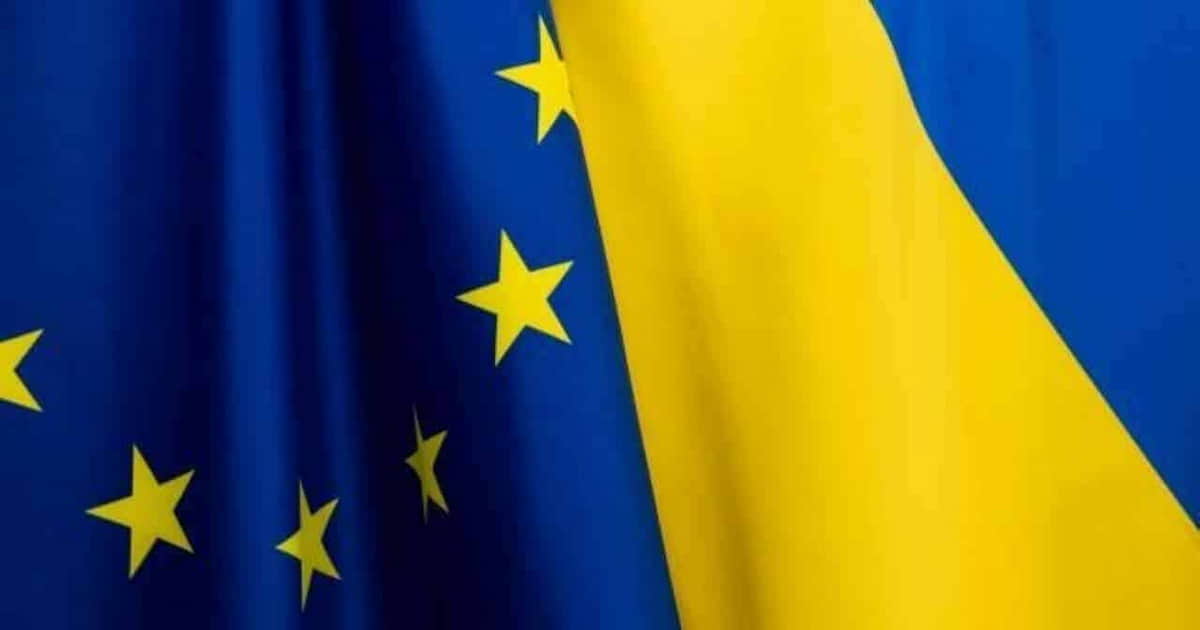How the EU–Ukraine meeting in Brussels highlighted looming trade challenges

The 10th, anniversary meeting of the EU-Ukraine Association Council on 9 April in Brussels turned out to be surprisingly productive, but, unfortunately, it also underscored existing problems. A significant shift is brewing in Ukraine's cooperation with the EU: in less than two months, trade rules between Ukraine and the EU may undergo major changes. Additionally, a long-standing challenge - Hungary's obstruction of Ukraine's EU accession path - has been postponed for resolution until June.
Read more about the Association Council's outcomes in the article by Tetiana Vysotska, European Pravda's Brussels correspondent and Sergiy Sydorenko, European Pravda's editor - Ambiguous association: what problems and "wins" for Ukraine did Shmyhal's visit to the EU reveal? Let's start with the Association Council outcomes that can be considered "victories." These include five agreements signed between the Ukrainian delegation and the EU, as well as a deal on the "transport visa-free regime," which is critical for Ukraine's trade with the EU. At the final press conference following the EU-Ukraine Association Council, EU Commissioner for Enlargement Marta Kos announced that the "transport visa-free" regime for Ukrainian road hauliers has been extended until the end of 2025.
Notably, Kyiv and Brussels have shifted to a six-month renewal cycle for the agreement, rather than renewing it annually. The agreement, signed on 29 June 2022 - informally called transport visa-free - allows Ukrainian hauliers to conduct commercial trips to the EU under a simplified scheme, without the quotas and individual permits that previously applied. This has significantly boosted trade volumes between Ukraine and the EU.
However, this success has regularly caused tension in Ukraine-Poland relations: Polish lorry drivers, who dominate a large portion of the EU market, are unhappy with the increased competition from Ukraine. So, this aspect of Ukraine-EU trade is secured until the end of 2025. Still, the rules for Ukrainian exports may change.
According to a EuroPravda source in EU institutions, from 6 June 2025, Ukraine and the EU will most likely revert to pre-war trade terms under the Deep and Comprehensive Free Trade Area (DCFTA). However, this reversion is not expected to be permanent. It would only last until Ukraine and the EU develop "mutually optimal trade terms" to support Ukraine's war-stricken economy, the source explained.
Nonetheless, Kyiv hopes the EU will relax its current hardline stance. The Ukrainian Prime Minister has stated that Kyiv is counting on an extension of the current trade liberalisation regime until the end of 2025, until an alternative mechanism is developed. According to EuroPravda, this will be the subject of Denys Shmyhal's talks with European Commission President Ursula von der Leyen, scheduled for Thursday.
Will Ukrainian officials be able to secure the extension of the current preferential regime until the end of the year? A final answer is expected by May at the latest. The Association Council also discussed the problems Hungary is creating for Ukraine.
The EU is technically ready to start negotiations with Ukraine under the first Foundations cluster, but Hungary's veto has blocked this step. Budapest has vowed to stall progress in negotiations until rights allegedly "taken away in 2015" are restored to ethnic Hungarians in Zakarpattia. This demand is not only unjustified but so vague that it could be used as a permanent obstacle.
However, Ukraine's Prime Minister received an encouraging message. "Yes, Mr.
Prime Minister, it is possible to open all clusters by 2025 - meaning, as early as this year," Commissioner Marta Kos informed him.
If you notice an error, select the required text and press Ctrl + Enter to report it to the editors.